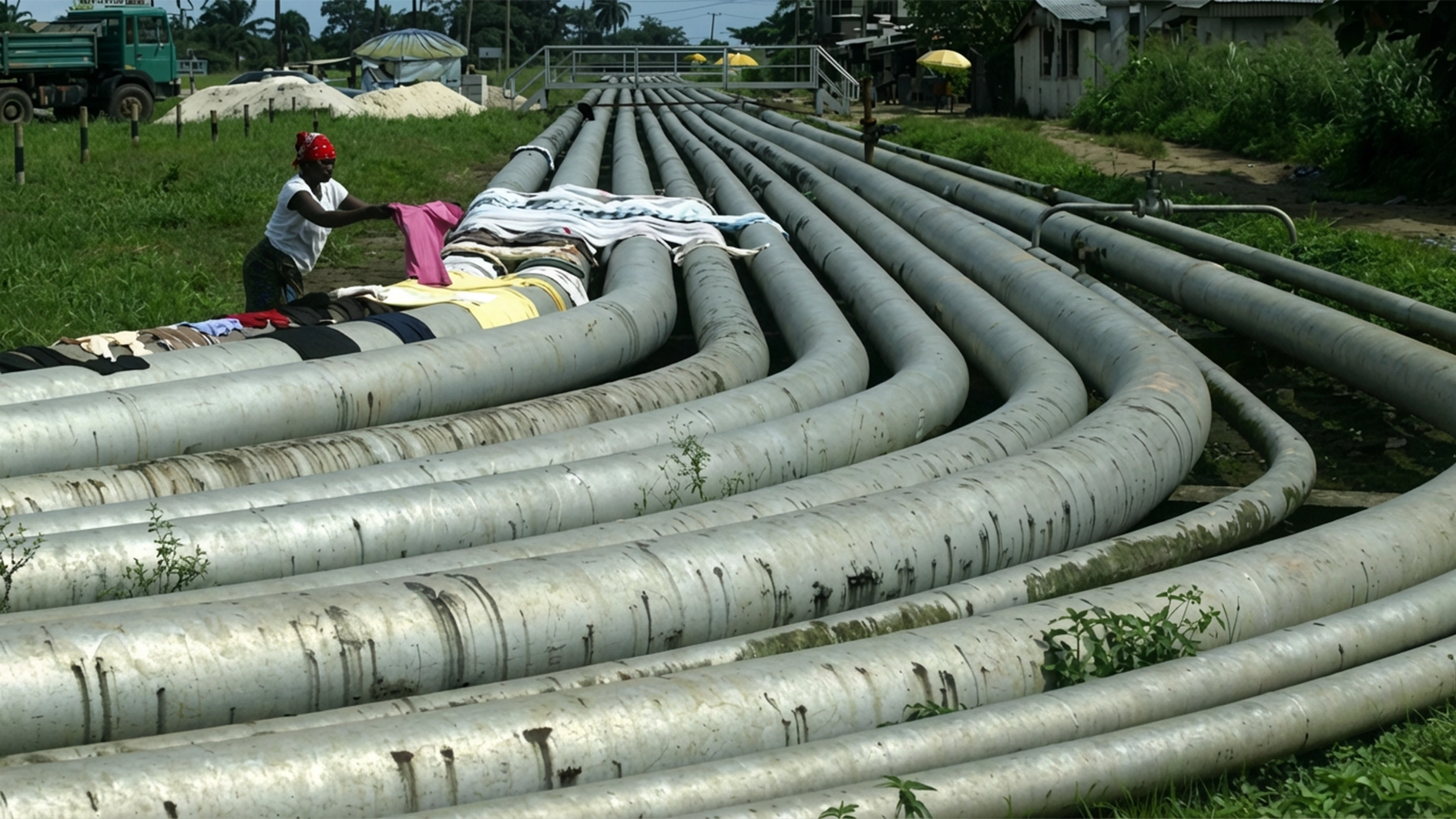The Federal Government has suspended the implementation of the 15 per cent ad-valorem import duty earlier approved on imported Premium Motor Spirit (PMS) and diesel, following widespread concern that the policy could trigger fresh increases in fuel prices and worsen inflation.
The Nigerian Midstream and Downstream Petroleum Regulatory Authority (NMDPRA) announced the suspension in a statement signed by its Director of Public Affairs, George Ene-Ita.
The duty, which was approved by President Bola Tinubu in October 2025, formed part of a fiscal measure aimed at aligning import costs with local production realities and supporting the growth of domestic refineries. The approval, conveyed through a letter by the President’s Private Secretary, Damilotun Aderemi, was based on a proposal from the Executive Chairman of the Federal Inland Revenue Service (FIRS), Zacch Adedeji.
Adedeji had argued that the new tariff framework would promote fairness in the downstream sector and encourage locally refined fuel, while ensuring that importers did not undercut domestic producers. “The core objective of this initiative is to operationalise crude transactions in local currency, strengthen local refining capacity, and ensure a stable, affordable supply of petroleum products across Nigeria,” he stated in his memo to the President.
He further explained that the measure was corrective, not revenue-driven, and intended to stabilise the market by addressing pricing gaps between imported and locally refined products. The policy was expected to take effect after a 30-day transition period ending on November 21, 2025.
However, the plan drew strong opposition from stakeholders in the oil and gas industry, who warned that it would raise pump prices, drive up import costs, and increase inflation at a time when domestic refineries were still ramping up production.
In its latest statement, the NMDPRA said the import duty implementation “is no longer in view,” adding that the country currently has adequate supplies of petroleum products sourced from both local refineries and importation.
“There is robust domestic supply of petroleum products to ensure timely replenishment of stocks at storage depots and retail stations during this period,” Ene-Ita said.
He cautioned marketers against hoarding or increasing prices outside market-reflective levels, stressing that the Authority would continue to monitor supply and distribution to prevent disruptions nationwide.
The suspension comes as the government intensifies efforts to stabilise fuel availability and pricing while supporting the transition toward self-sufficiency through local refining initiatives such as the Dangote Refinery and modular plants.






